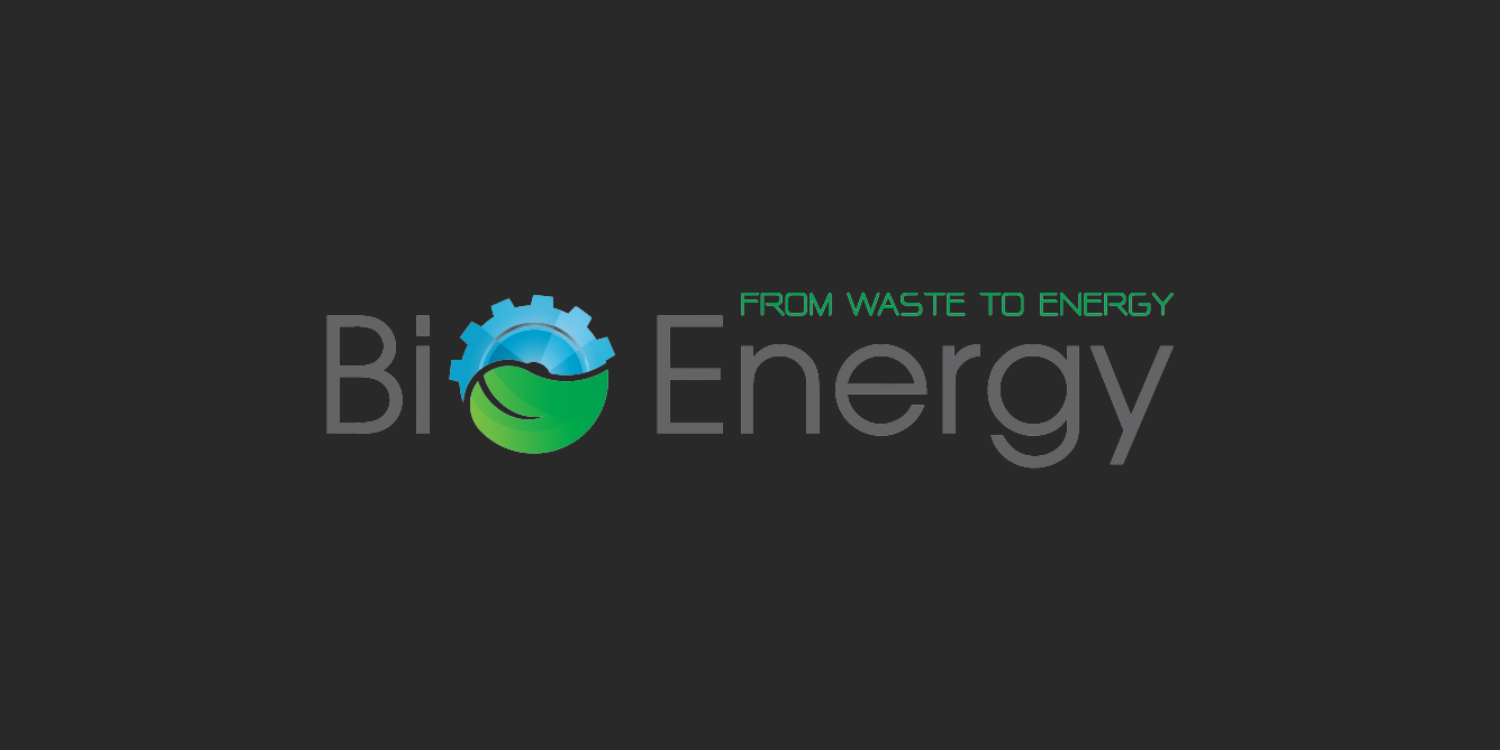Professional experience at Green Logix Bio Energy
Explore Jonas Claes' role at Green Logix Bio Energy, where he solved technical issues as a maintenance technician in a sustainable energy context.

About Green Logix Bio Energy
Green Logix Bio Energy, also known as Green Logix Biogas, is a bioenergy company based in Belgium. The company has been in operation since its acquisition in 2014. It specializes in the biological processing of byproducts from Farm Frites Lommel, a potato products producer. Significant amounts of byproducts are generated in the potato production process, and Green Logix Bio Energy converts these residual streams into biogas. This biogas is then used for the production of green electricity, steam, hot water, purified water, and plant fertilizers for agriculture.
More specifically, BioEnergy's plant extracts a significant amount of energy from 80,000 tons per year of residual streams from Farm Frites and purifies 80,000 cubic meters per year of water to discharge level. The biomaterials are valorized in agriculture. BioEnergy also processes an additional 40,000 tons per year of agricultural residual streams and byproducts from the nearby food industry.
Green Logix Bio Energy is working on an innovative strategic plan with new valorization opportunities for residual streams. The group aspires to effectively realize a fully linked green power plant that unites all available production technologies on one unique site.
Green Logix Cogeneration, a specialized company in the integrated production of renewable energy for the benefit of industrial large consumers, is also part of the enterprise. It uses cogeneration technology, which allows simultaneous production of heat and electricity, adjusted to instantaneous demand.
For Farm Frites Lommel, Green Logix Cogeneration set up a cogeneration installation with an electrical power of 5.4 MW. The hot exhaust gases at the outlet of the gas turbine are used as a supply in a secondary boiler where water is converted into steam. By using the hot exhaust gases as a supply in the boiler, a maximum capacity of 36 tons of steam per hour can be achieved with a limited supply of natural gas. This combined production of electricity and heat is more efficient, with the residual energy in the exhaust gases being used for the production of hot water, which is used in auxiliary processes of the processing process. The saving in primary energy compared to a situation with separate electricity and heat production is estimated at at least 20%. In this way, the cogeneration installation supports Farm Frites' participation in Flemish energy policy agreements.
My professional activities at Green Logix Bio Energy
At Green Logix Bio Energy, I worked as a maintenance technician, and my duties included a wide range of tasks. As a maintenance technician, I was responsible for the repair and upkeep of the facility and most of its assets. This involved handling assigned work orders and PMs, such as inspections, performing a variety of routine maintenance tasks, and dealing with incoming work requests. I was also responsible for communicating existing and potential issues with my supervisors. Ensuring that the tools I worked with were cleaned and maintained was another one of my responsibilities. I adhered strictly to different safety measures and policies to ensure a safe working environment.
In the industrial context of Green Logix Bio Energy, my duties also included solving mechanical, electrical, and hydraulic issues on various production and facility equipment, troubleshooting mechanical breakdowns, and reading, analyzing, and interpreting technical procedures, electrical schematics, blueprints, service manuals, and work orders to perform required maintenance work.
As a maintenance technician, I had to possess a few specific skills to be successful. This included problem-solving skills, which I applied to finish assignments as quickly as possible to meet predefined production numbers. Whether dealing with an unplanned breakdown or scheduled downtime, I had to gather information, synthesize it, draw conclusions, and execute a solution. My role required me to have broad technical knowledge. I had to be familiar with a range of tasks and needed to know how to use standard hand tools and power tools as I shifted from one task to the next. It was also crucial for me to learn the ins and outs of all the machines on the plant floor, which allowed me to work independently and efficiently.
Attention to detail was another key skill in my role. When dealing with technical issues daily, having a well-thought-out approach and the ability to focus on minor details was highly beneficial. For example, when a critical piece of equipment had an unexpected breakdown, I needed to step in quickly to ensure the equipment got back up and running fast, while also ensuring that no one got injured. Carefully following safety protocols was essential, as missing a step could lead to larger problems. By paying great attention to detail, I helped create a safer working environment for myself and my coworkers.
The physical demands of being a maintenance technician required me to be in good shape. The job often required me to work in awkward positions, carry heavy objects, spend lots of time on my feet, repeatedly climb up and down stairs, and so on. Being focused and alert during my shifts and overtime work was also not easy if in poor physical shape. Having good manual dexterity was a big plus in this role.
In the modern age, basic computer skills were also vital for my role as a maintenance technician. More and more organizations, including Green Logix Bio Energy, make use of automation. This meant that I needed to know how to use and diagnose an automation device to resolve possible issues.




